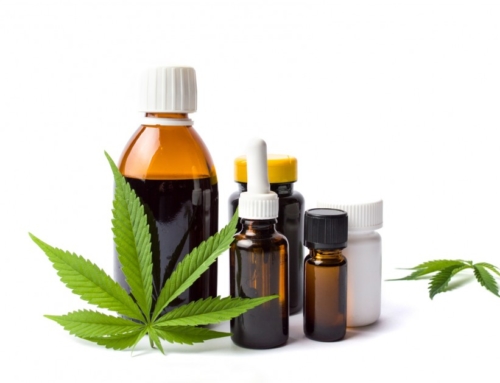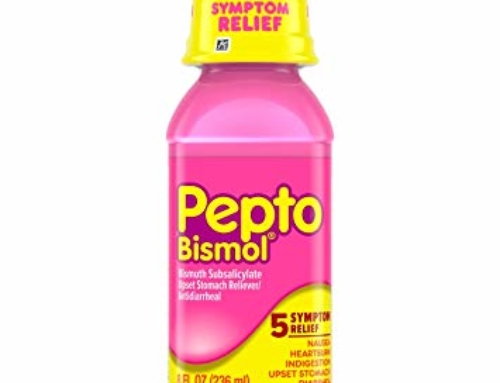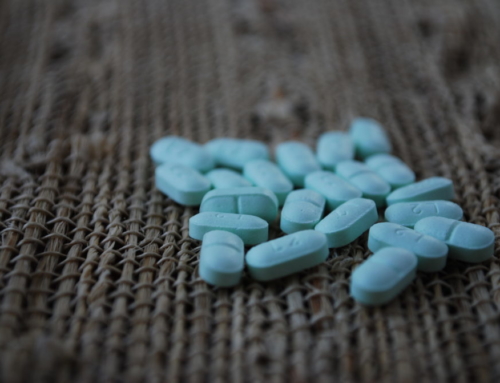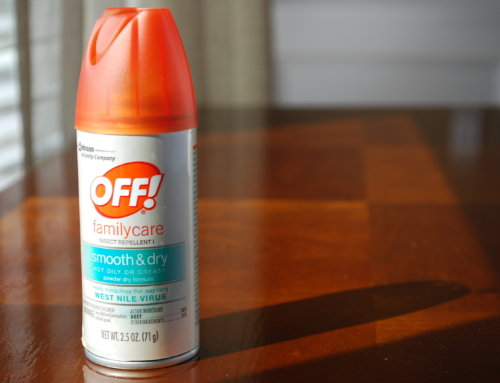If you have any reason to suspect your pet has ingested something toxic, please contact your veterinarian or one of the other resources listed:
• ASPCA Animal Poison Control Center 24-hour hotline at (888) 426-4435
• Pet Poison Helpline® 24-hour animal poison control service at (855) 764-7661
Dextromethorphan
Dextromethorphan (DMX) is a popular ingredient in many OTC antitussives, including Delsym and Robitussin-DM. These products help reduce coughing in those with respiratory infections and similar illness.
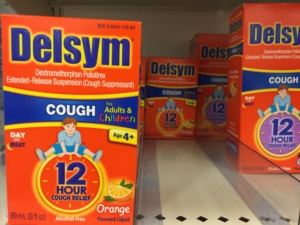
While dextromethorphan is sometimes used in veterinary practice (to treat repetitive behavior in dogs), it can be toxic if accidentally ingested by your pet.
Note that DMX can be found in OTC cough and cold medications along with other ingredients. If your pet has ingested any medication it is important to determine all ingredients in order to assess the risk of toxicity.
Signs and symptoms of toxicity: Involuntary muscle movements are common. Other signs of toxicity may include sedation, agitation, tremors, seizures, changes in heart rate (faster or slower), and increased body temperature. Effects from intoxication may slowly appear over several hours.
Toxic consumption: There is no established toxic threshold for pet consumption. In practice, the recommended dose for dogs is 2 mg/kg (0.9 mg/lb). Anything above this amount (listed below for reference purposes) may be considered toxic and should be reported immediately.
| X-Small Yorkie, Chihuahua |
Small Pug, Boston Terrier, Poodle |
Medium Beagle, Scottish Terrier |
Large Boxer, Cocker Spaniel |
X-Large Retriever, German Shepherd |
XX-Large Great Dane, St. Bernard |
| 1 – 10 lbs. (0.45 – 4.6 kg) |
11 – 25 lbs. (5 – 11.4 kg) |
26 – 40 lbs. (11.8 – 18.2 kg) |
41 – 70 lbs. (18.6 – 31.8 kg) |
71 – 90 lbs. (32.3 – 40.9 kg) |
91 – 110 lbs. (41.4 – 50 kg) |
 |
 |
 |
 |
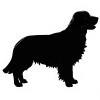 |
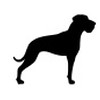 |
| > 0.9 mg | > 10 mg | > 23.6 mg | > 37.2 mg | > 64.6 mg | > 82.8 mg |
References:
– Osweiler, G, et al. (2011). Blackwell’s five-minute veterinary consult clinical companion. Small Animal Toxicology. [Kindle version]. Retrieved from Amazon.com
– Papich MG. Toxicoses from over-the-counter human drugs. Vet Clin North Am Small Anim Pract 1990; 20(2):431-451.
Pet Poison Control is provided free as a public service by the American College of Veterinary Pharmacists. Today we’re asking you to support us with a small donation. If you would like to dedicate your gift in honor or memory of a pet or individual, you will have that option before checkout. Your gift of any amount helps us maintain this resource and make it available to the pharmacy and veterinary communities. Thank you!

